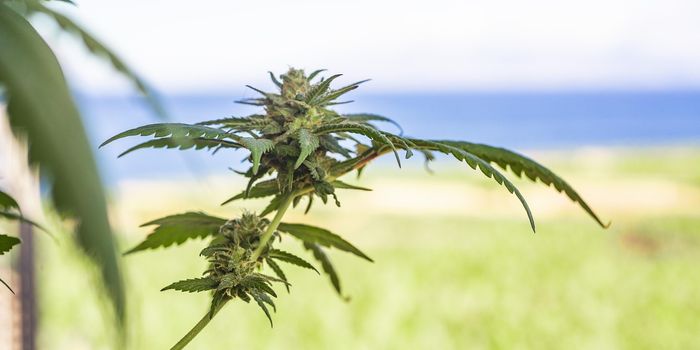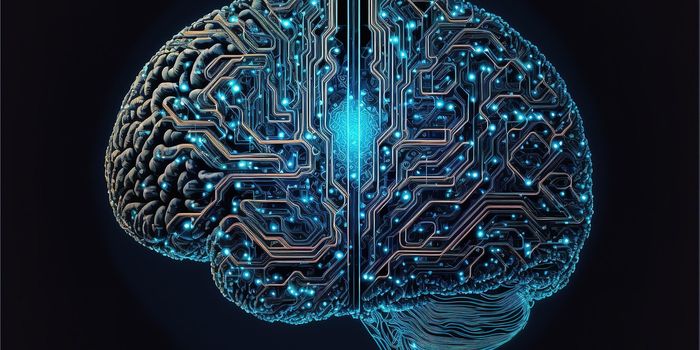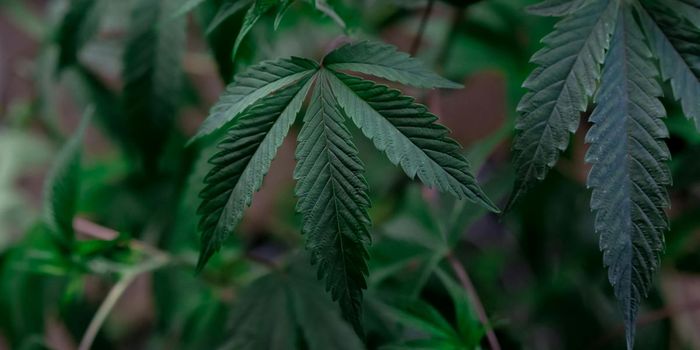Bias in Babies is a Learned Behavior
Research into how babies view others has previously shown that they have a preference for members of their own race, which is understandable since they are likely more familiar with their native race via family interactions. This bias seems to be innate, but the opposite is not true, according to recent research from the University of British Columbia. Babies are not born with a negative association towards unfamiliar groups, speakers or members of other races; that behavior appears to be learned.
Anthea Pun, a graduate student in the UBS psychology department, led the research and explained, "Persistent discrimination and conflict across cultures has led psychologists to question whether we are naturally inclined to like people who are similar to ourselves and to dislike those who are different, or whether we are taught to feel this way. These findings suggest both are true: liking people who are similar to ourselves seems to be an innate bias, but disliking those who are different is something we likely learn later."
While earlier research into positive and negative biases in children involved study participants that were as old as three or four, Pun's study attempted to hone in on a particular age range in infancy to see how the biases the infants began. The study looked at 456 infants. Some were as young as eight months old, and the oldest babies were 16 months old. By focusing on this very narrow age range, the team hoped to see exactly how infants came to prefer or dislike various people or groups.
The research was conducted at Science World's Living Lab located at TELUS World of Science in Vancouver and measured how long it took the babies to be habituated towards familiar and unfamiliar language. It wasn't just about what was being spoken, however. Speakers were engaged in two kinds of behavior, prosocial, where there was giving and sharing and antisocial, where a speaker would take something away from another person and refuse to share or engage in play.
Habituation is a decrease in response to stimuli. When a baby first hears a new language, they perk up and pay attentions. As the speech (and in this study, behavior) is repeated, the babies stop paying attention to it, as it's no longer new or unfamiliar. The study at UBC measured how fast the children became habituated to pictures and sounds in the experiments the team used. As expected, when the pictures and sounds were those that the infants were familiar with, they lost interest at a faster rate than when exposed to pictures and sounds that were not consistent with their expectations. The team used the rate of habituation in the study to measure whether or not the babies had developed a positive or negative bias toward certain language, as well as prosocial and antisocial behavior.
In all of the different testing in the study, once the babies had reached the age of 1 they demonstrated positive bias and preference for speakers of their native language and, more significantly, the babies also expected speakers of the same language to be prosocial, i.e. good. When they observed antisocial behavior by speakers of their own language, they appeared surprised. In speakers of different languages, the babies did not show any positive or negative bias toward these more unfamiliar people. The results suggest that babies do not develop a negative bias toward cultures, people or sounds until later in childhood, making negative biases more likely to be learned behavior than innate.
FURTHER READING: Racial Bias in Infancy
Andres Baron, an associate professor at UBC, was the senior author on the paper and summarized the findings in a press release, saying, "This study provides critical insight into the origins of social group bias by allowing researchers to understand how positivity and negativity toward groups develops independently."
A team at Bar-Ilan University in Israel assisted UBC researchers, and the work appears in the journal Developmental Science. Take a look at the video below to see an interaction with puppets used in the study.
Sources: UBC , Toronto Metro News, Psych Central, Developmental Science









